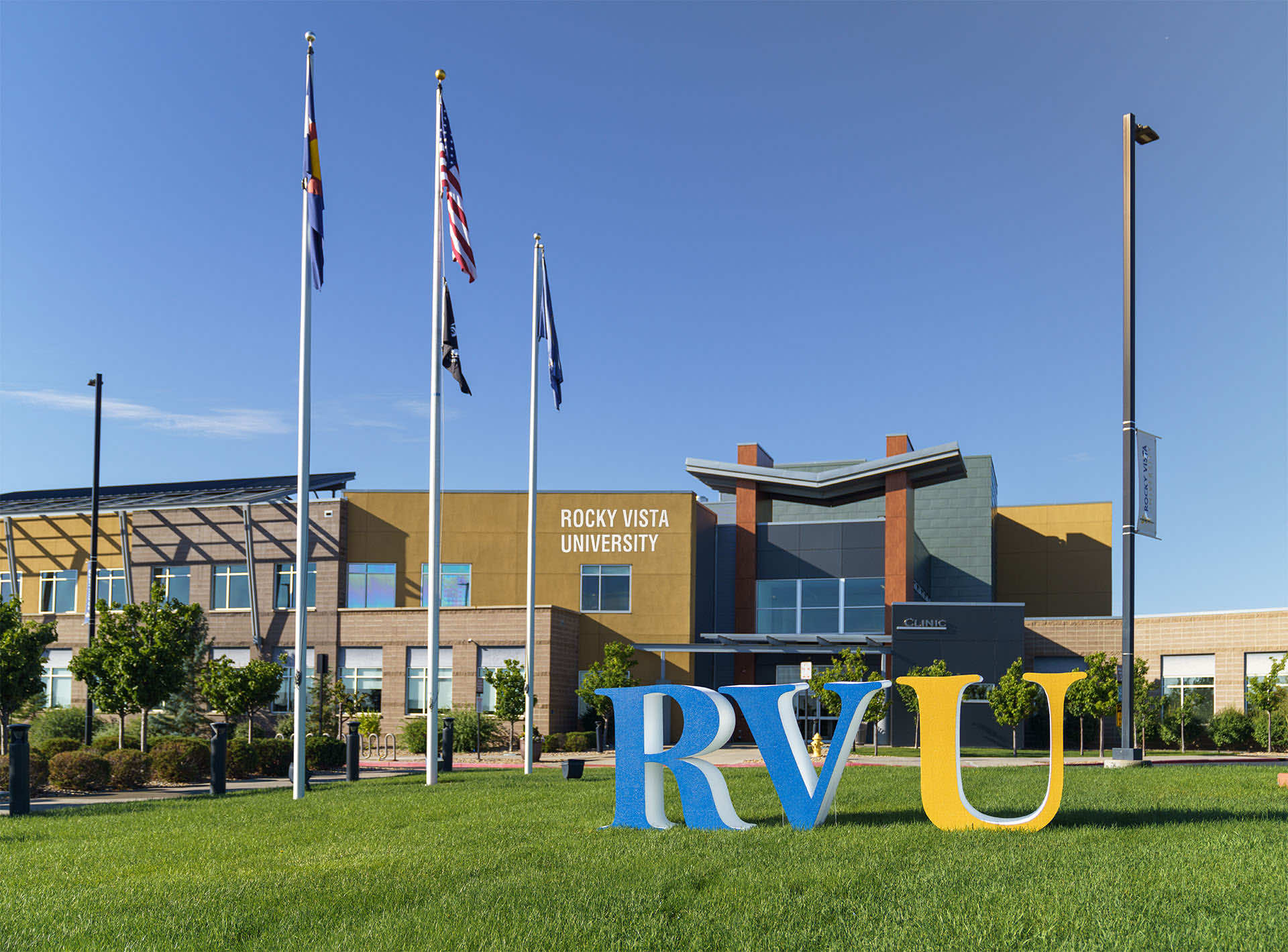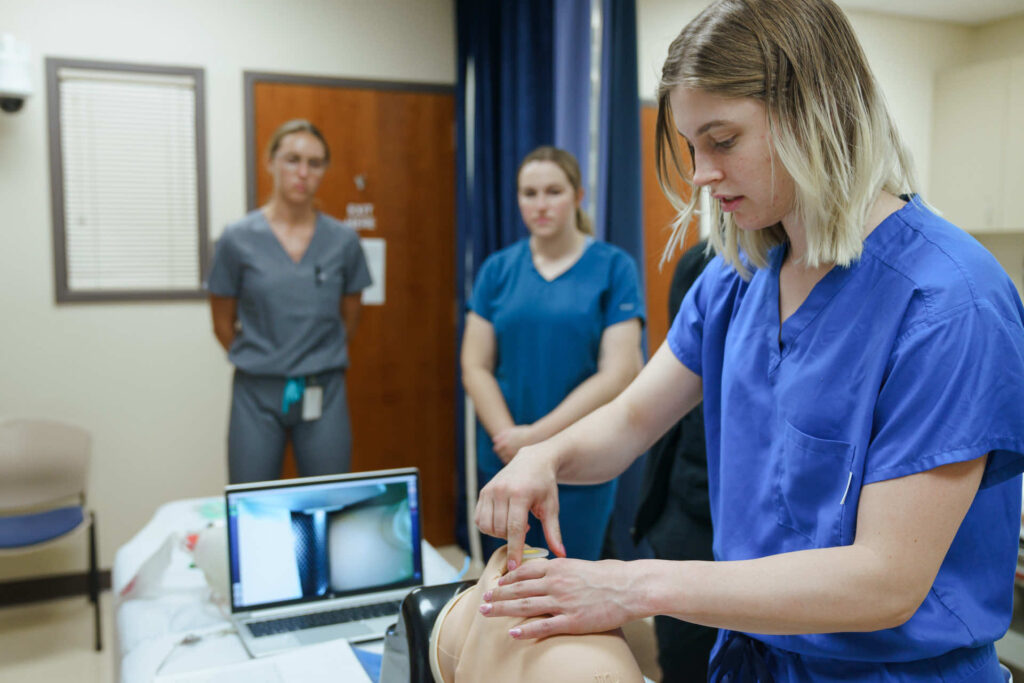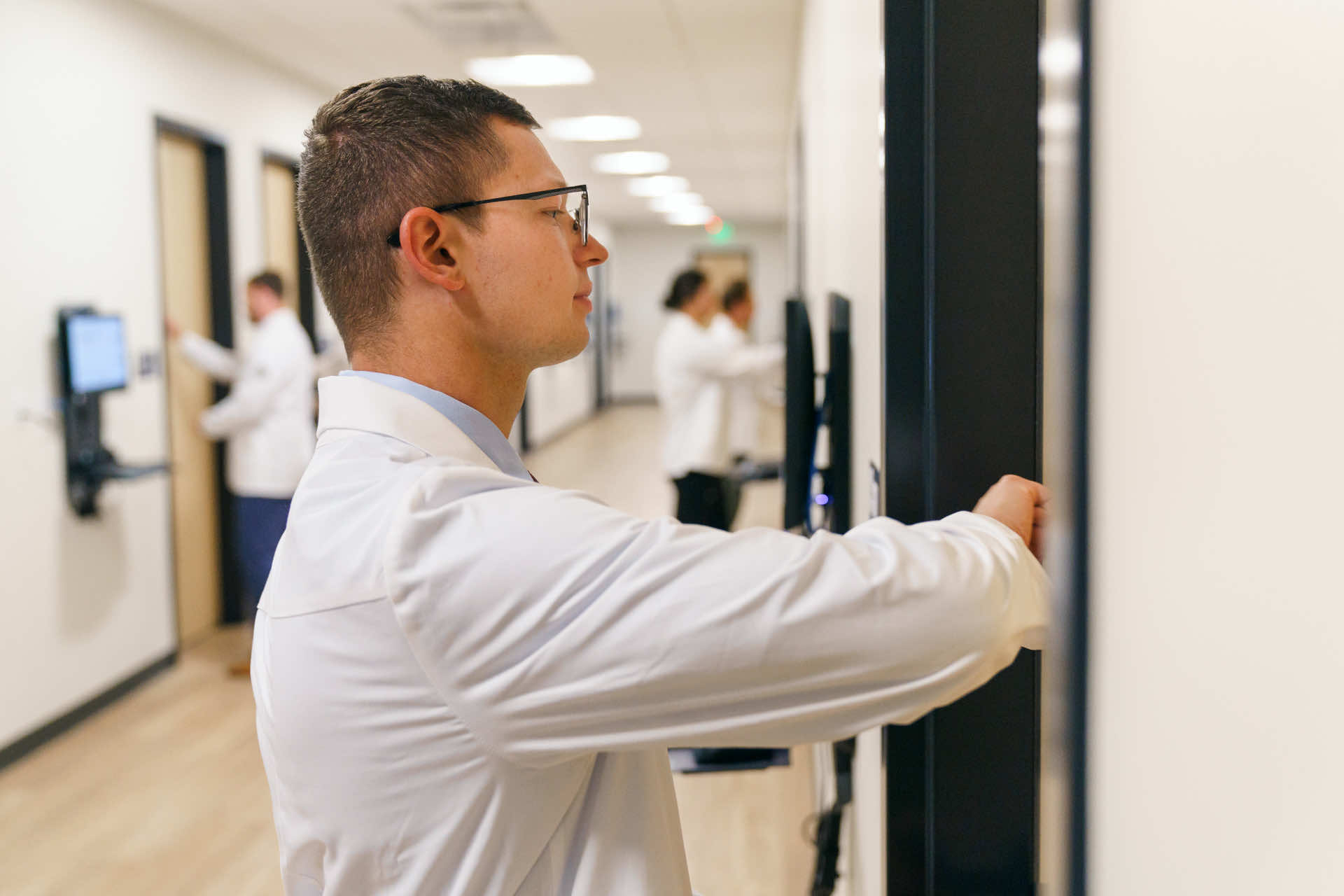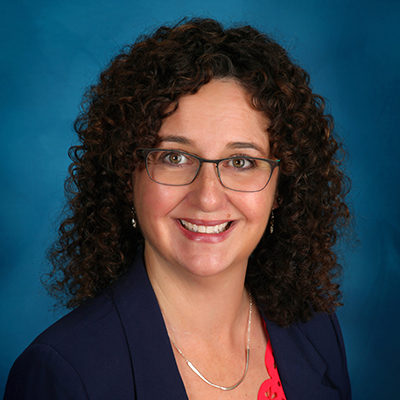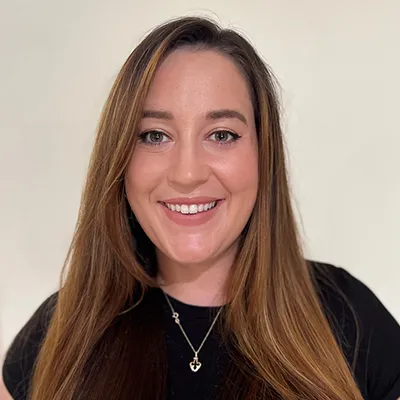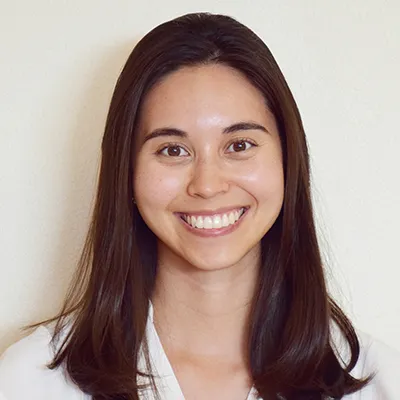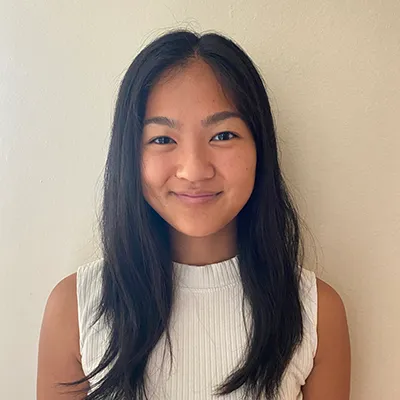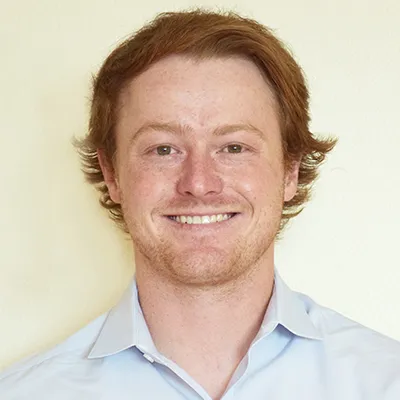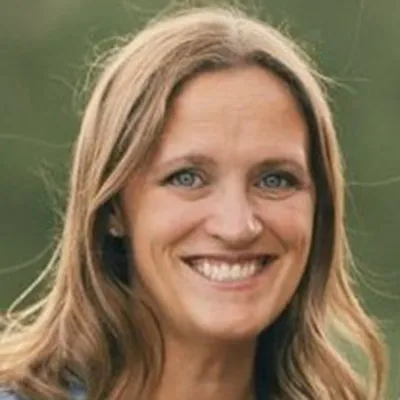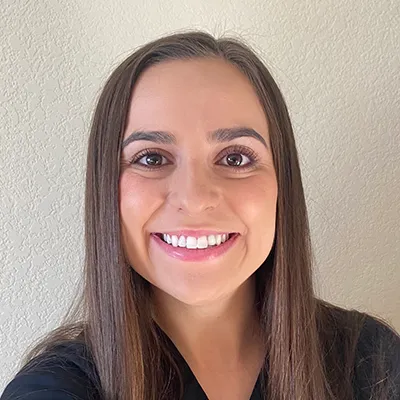Entrustable Professional Activities
Clinical tasks all graduates are expected to perform, regardless of discipline.
| EPA 1 | Gather a History and Perform a PE |
| EPA 2 | Prioritize a Differential Diagnosis Following a Clinical Encounter |
| EPA 3 | Recommend and Interpret Common Diagnostic and Screening Tests |
| EPA 4 | Develop and Implement Patient Orders and Management Plans |
| EPA 5 | Document Clinical Encounters in the Patient Record |
| EPA 6 | Provide an Oral Presentation of a Clinical Encounter |
| EPA 7 | Formulate Clinical Questions and Retrieve Evidence to Advance Patient Care |
| EPA 8 | Give or Receive a Patient Handover to Transition Care Responsibility |
| EPA 9 | Collaborate as a Member of an Interprofessional Team |
| EPA 10 | Recognize a Patient Requiring Urgent or Emergent Care and Initiate Evaluation and Management |
| EPA 11 | Obtain Informed Consent for Tests and/or Procedures |
| EPA 12 | Perform General Procedures |
| EPA 13 | Identify System Failures and Contribute to a Culture of Safety and Improvement |
RVU PA Program’s Integrated Clinical Competencies for the PA© Patient Care (PC)
Provide patient-centered care that is compassionate, appropriate, and effective for the treatment of health problems and the promotion of health.
| PC 1 | Perform basic medical procedures required for patient care with assistance or direct supervision. |
| PC 2 | Gather essential and accurate information about patients and their conditions through history taking, physical examination and review of the medical record. |
| PC – 2 Sub-competencies: | PC- 2.1 Demonstrate the ability to gather essential and accurate information about the patient and his/her condition through history-taking. PC- 2.2 Demonstrate the ability to gather essential and accurate information about the patient and his/her condition through physical examination PC- 2.3 Demonstrate the ability to gather essential and accurate information about the patient and his/her condition through a review of the medical record. |
| PC 3 | Develop an appropriate patient assessment including diagnosis, differential diagnosis, and medical decision-making. |
| PC 4 | Organize and prioritize responsibilities to provide care that is safe, effective, and efficient. |
| PC 5 | Select, justify, and interpret clinical tests and imaging. |
| PC 6 | Develop and carry out patient management plans. |
| PC 7 | Counsel and educate patients and their families. |
| PC 8 | Provide appropriate referral of patients including ensuring continuity of care. |
| PC 9 | Provide preventive health care services to patients, families, and communities. |
Medical Knowledge or “Knowledge for Practice” (MK)
Demonstrate knowledge of established and evolving biomedical, clinical, epidemiological, and social-behavioral sciences, as well as the application of this knowledge to patient care.
| MK 1 | Demonstrate an investigatory and analytic approach to clinical situations. |
| MK 2 | Apply principles of basic science to patient care. |
| MK 3 | Apply principles of clinical science to patient care. |
| MK 4 | Apply principles of epidemiology to patients and populations. |
| MK 5 | Apply cultural and behavioral principles to patient care. |
Practice-Based Learning & Improvement (PBL)
Demonstrate the ability to investigate and evaluate one’s care of patients, to appraise and assimilate scientific evidence, and to continuously improve patient care based on constant self-evaluation and life-long learning.
| PBL 1 | Identify strengths, deficiencies and limits in one’s knowledge, skills, and attitudes. |
| PBL 2 | Set learning and improvement goals. |
| PBL 3 | Identify and perform learning activities that address one’s learning and improvement goals. |
| PBL 4 | Systematically analyze practice using quality improvement methods and identify solutions with the goal of practice improvement. |
| PBL 5 | Incorporate feedback into daily practice. |
| PBL 6 | Locate, appraise, and assimilate evidence from scientific studies related to patients’ health problems. |
| PBL 7 | Continually identify, analyze, and implement new knowledge, guidelines, standards, technologies, products, or services that have been demonstrated to improve outcomes. |
Interpersonal & Communication Skills (ICS)
Demonstrate interpersonal and communication skills that result in the effective exchange of information and collaboration with patients, their families, and health professionals.
| ICS 1 | Communicate effectively with patients, families, and the public, from various socioeconomic and cultural backgrounds. |
| ICS 2 | Communicate effectively with health care professionals as part of a health care team. |
| ICS 3 | Maintain clear, accurate, timely and legible medical records. |
| ICS 4 | Demonstrate sensitivity, honesty, and compassion in difficult conversations. |
| ICS 5 | Demonstrate appropriate responses to human emotions. |
Professionalism (PRO)
Demonstrate a commitment to carrying out professional responsibilities and an adherence to ethical principles.
| PRO 1 | Demonstrate behaviors that convey compassion, respect, integrity, and empathy for others. |
| PRO 2 | Demonstrate responsiveness to patient needs that supersedes self-interest. |
| PRO 3 | Demonstrate respect for patient privacy. |
| PRO 4 | Demonstrate respect for patient autonomy. |
| PRO 5 | Demonstrate accountability to patients, society, and the profession. |
| PRO 6 | Demonstrate sensitivity and openness to a diverse patient population. |
| PRO 7 | Demonstrate a commitment to ethical principles. |
| PRO 8 | Provide constructive feedback and evaluation. |
| PRO 9 | Demonstrate basic professional responsibility. |
Systems-Based Practice (SBP)
Demonstrate an awareness of, and responsiveness to, the larger context and system of health care, as well as the ability to call effectively on other resources in the system to provide optimal health care.
| SBP 1 | Work effectively in various health care delivery settings and systems to coordinate patient care. |
| SBP 2 | Incorporate considerations of cost awareness and risk-benefit analysis in patient and/or population-based care. |
| SBP 3 | Advocate for quality patient care and optimal patient care systems. |
| SBP 4 | Participate in identifying system errors and implementing potential systems solutions. |
Interprofessional Collaboration (IPC)
Demonstrate the ability to engage in an interprofessional team in a manner that optimizes safe, effective patient and population centered care.
| IPC 1 | Collaborate with other health professionals to promote a climate of mutual respect, and trust. |
| IPC 2 | Recognize the roles of various members of the interprofessional healthcare team and the scope of their practice. |
| IPC 3 | Participate effectively in different team roles to provide population-based and patient-centered care. |
Personal & Professional Development (PPD)
Demonstrate the qualities required to sustain lifelong personal and professional growth.
| PPD 1 | Demonstrate self-awareness and ability to maintain personal well-being. |
| PPD 2 | Manage conflict between personal and professional responsibilities. |
| PPD 3 | Practice flexibility and maturity in adjusting to change. |
| PPD 4 | Demonstrates trustworthiness in providing patient care that ensures colleagues feel secure. |
| PPD 5 | Demonstrates self confidence that puts patients, families, and members of the health care team at ease. |
| PPD 6 | Recognize and utilize resources in dealing with the ambiguity of clinical care. |
